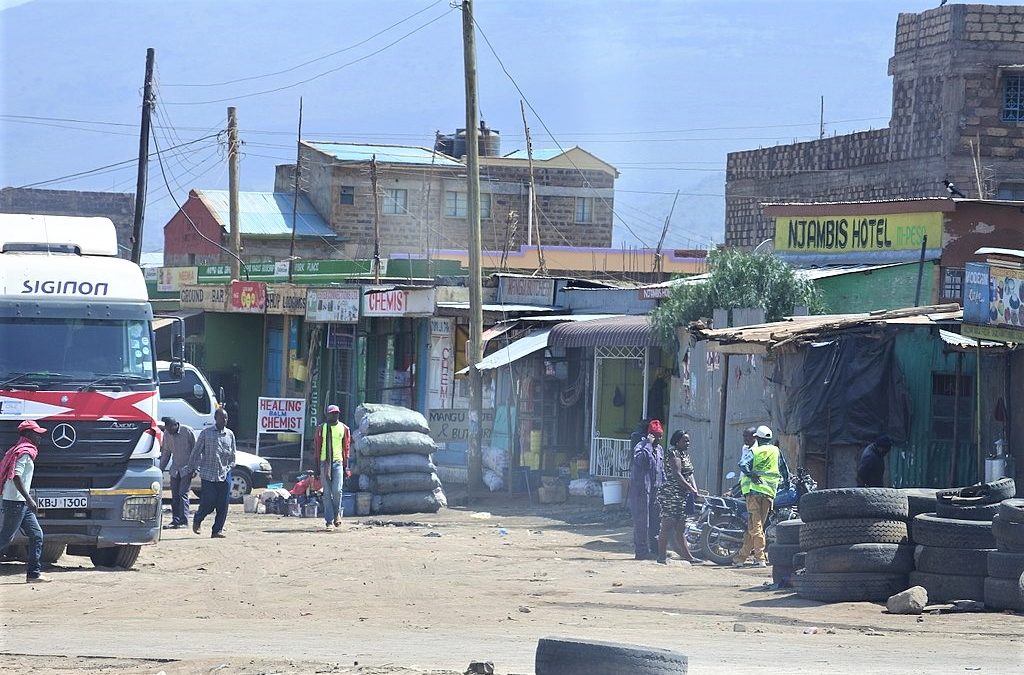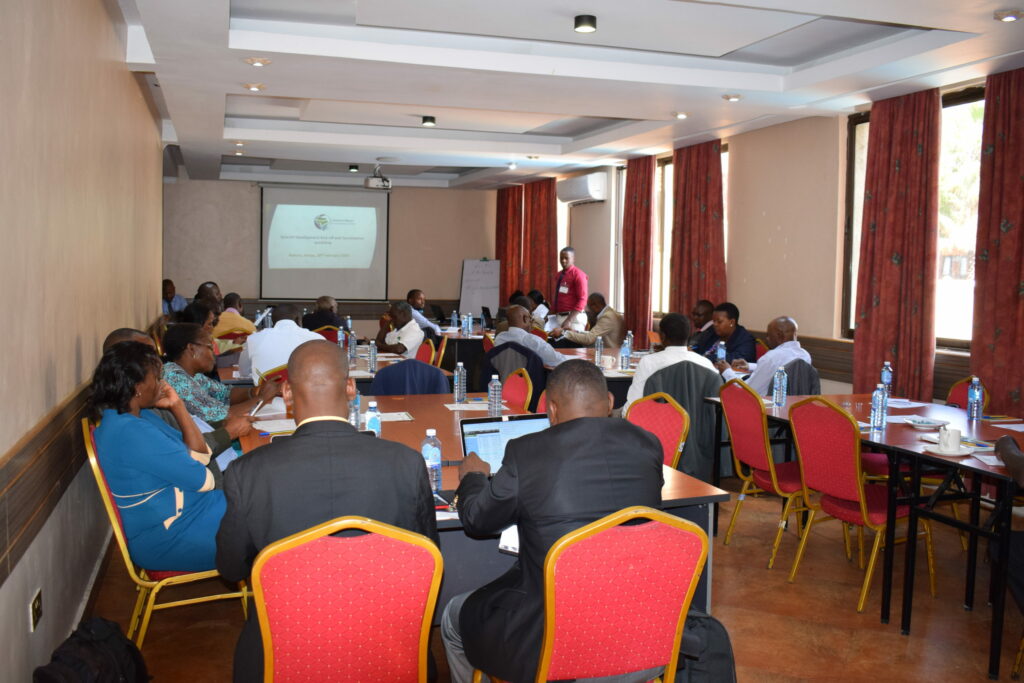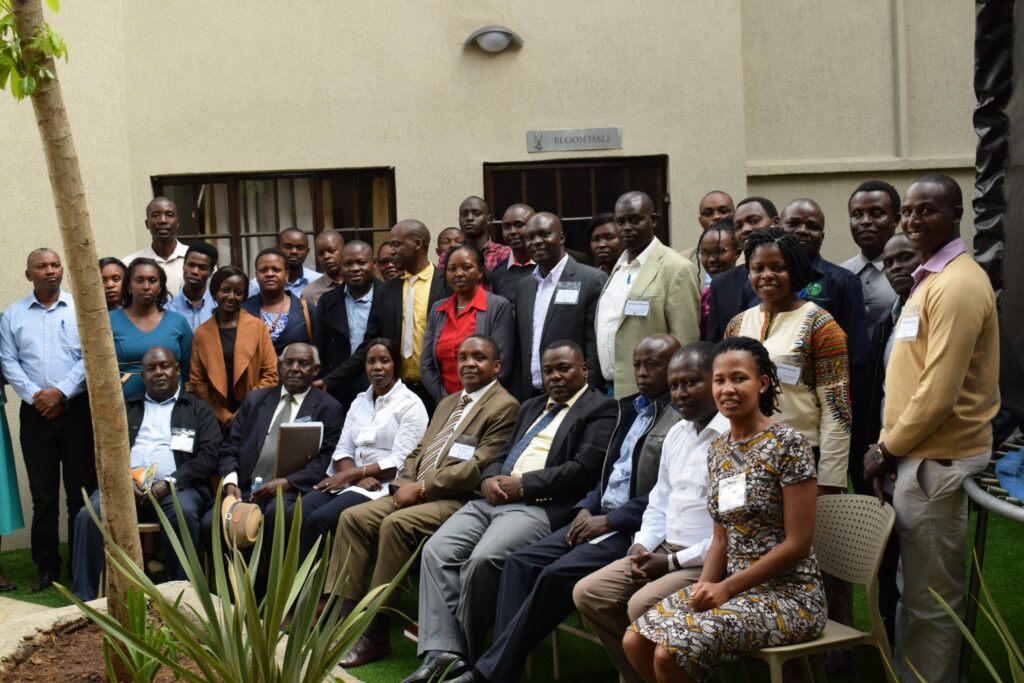20 March 2020
Nakuru County in Kenya leading the way for local climate action
Nakuru County, Kenya’s fourth most populous, is one of the front runners in addressing climate change and is taking action through embarking on the process of developing



Kenya, well known for its riveting landscapes, diverse wildlife attractions and long-term peace and tranquility, now faces an invisible “enemy” christened climate change. Temperatures are expected to rise by 2.5ºC between 2000 and 2050 and rainfall patterns will become less predictable with long dry spells and extreme weather events (e.g. El Nino 1997-1998). All these expose the country to increased cost of living and resource related conflicts, among other challenges.
Nakuru County, Kenya’s fourth most populous, is one of the front runners in addressing climate change and is taking action through embarking on the process of developing their Sustainable Energy and Climate Change Action Plan (SEACAP) through the Covenant of Mayors in Sub-Saharan Africa (CoM SSA) – an initiative of sub-national governments taking local climate action. Support to the CoMSSA is co-funded by the European Commission, BMZ and AECID.

On 18 February 2020, the Nakuru County, in collaboration with CoM SSA partners GIZ and ICLEI Africa, convened a workshop to sensitise stakeholders about climate change and the process of SEACAP development.
The workshop had two components: capacity building on climate change and planning for the SEACAP development process.


Eng. Festus Ng’eno, the Chief Executive Committee (CEC) Member was present at the workshop and the County Officer (CO) Mr.Kiogora Murithi in the Department of Environment, Energy and Natural resources opened the workshop emphasising the importance of climate action planning and the role of the SEACAP in aligning climate action and energy access plans for the county.
The SEACAP development is timely and crucial as it will enable the county government to undertake climate action planning and collect data which can be used as evidence to their recently developed Climate Change Action Plan. Participants expressed their commitment to supporting the initiative for the common good of society through proper planning and capacity development on adaptation and mitigation measures.
The participants actively contributed in interactive exercises on understanding climate change in the context of Nakuru County and stakeholder mapping for the SEACAP, among others; the latter of which will ensure that all stakeholders participate in and take ownership of the SEACAP. Additionally, a SEACAP development governance structure was setup consisting of the county staff and stakeholders to ensure that there is accountability and oversight on the SEACAP development process.

The workshop discussions brought up various interesting lessons for the CoM SSA SEACAP process.
“You can’t lower emissions if you don’t know how much you are emitting”, Mr Murithi.
A lack of access to robust data, information and knowledge on how to process and interpret data on climate change is still a huge challenge that the SEACAP process aims to address.
Strong governance and stakeholder involvement
Participants emphasised strong governance to ensure the sustainability of the SEACAP. The private sector, action groups, community-based organisations and local experts should all have clear involvement in the SEACAP development process for its success, ownership and sustainability.
Financing
A major setback as confirmed by the private sector and the county government is the financing of initiatives and projects. Proposals are developed, but getting financiers is often a challenge, which needs to be considered through the SEACAP process.
Communication
There is need to streamline the channels of communication to create internal and external awareness on the SEACAP development process that will gather support for its development and implementation.
For the long-term benefit of the process, the county will strengthen its existing structures such as the climate change champions from the county’s technical staff in the various departments, to lead the SEACAP process. The next steps in SEACAP process includes data collection for the three SEACAP pillars namely: adaptation, mitigation and energy access. The climate change champions will be capacitated on how to mainstream climate action in their various sector plans such as water, agriculture, gender and infrastructure and develop project proposals for climate finance and be able to raise awareness and educate the community on climate change.


